Jamil Massengill is a man constantly on the move. First and foremost a humanitarian, Jamil has dedicated his life to serving others.
On top of 30 years working with FEMA and other disaster relief organizations, Jamil is a military veteran, having served a decade in logistics and engineering in Central America. His work now leads him to Columbia, SC, a part-time residence away from his home in Charlotte, NC.
While coordinating disaster relief around the country might sound like the ideal humanitarian adventure to most, for Jamil, it comes with personal challenges.
“I need to get to dialysis twice a week,” he shares, “It’s always one of the worries I have when moving from place to place for assignments.” Arranging dialysis on the move is just one hurdle he faces, reaching his appointments is another altogether.
“Moving around is difficult enough,” says Jamil but he also worries “whether my disability insurance will cover transportation or whether I am going to have to find the money.”
Transforming Dialysis Care
For Jamil, reliable transport service is not just a ride; it’s a lifeline.
For those with end-stage kidney disease (ESKD), dialysis isn’t optional, it’s a time-consuming, thrice-weekly routine. The stakes are high: research has shown that missing even one dialysis treatment can increase the risk of hospitalization by 1.4 times and more than double the chances of death.
But it’s not just patients that stand to benefit from streamlined care, the system does too. One extra dialysis treatment per patient is estimated to produce 31,730 fewer hospitalizations per year, leading to $240 million in savings for patients and the healthcare system.
The Ripple Effect: Advantages for All Stakeholders
Streamlined transportation improves patient throughput and stabilizes health outcomes, making it economically viable for healthcare facilities. Research shows that the U.S. healthcare system loses $150 billion each year due to missed appointments. Instead, these savings can be passed on to healthcare providers, insurers, and taxpayers.
For those managing end-stage renal disease, the return on investment (ROI) for non-emergency medical transport (NEMT) like Feonix is staggering. NEMT for dialysis patients can save Medicaid $3,423 per month or $41,076 per beneficiary, every year. Considering that 525,000 people in the U.S. are living with ESKD and receiving dialysis treatment regularly, eliminating missed appointments could save up to $6.5bn annually. And that’s before considering other conditions, such as diabetic wound care, which has similarly impressive ROIs for NEMT.
The Road Ahead
With clinics proving far more cost-effective than Emergency Department (ED) dialysis, the solution is clear.
Previously, Jamil’s visits for ED dialysis would have resulted in charges between $6,000 and $11,000. Patients with end-stage kidney disease (ESKD) visit the emergency department (ED) 6 times as much as the average US adult. In contrast, improved access to care and scheduled dialysis reduces healthcare utilization and lowers costs significantly.
For Jamil, improved access to care has come with a newfound peace of mind. “When I first arrived in Columbia I had to go to the ER for treatments. From there I learned about Access to Care…now the drivers ensure that I get to American Renal for my dialysis appointments.
Feonix – Mobility Rising: Paving the Way for Accessible Healthcare
When it comes to healthcare, transportation should never be a roadblock. For many people, it is. Estimates suggest that over half of missed appointments are due to transportation issues.
This is precisely what Feonix – Mobility Rising is hoping to change. Through programs like Access to Care, Feonix – Mobility Rising is on a mission to fill a vital gap for older adults, veterans, and disabled individuals and ensure that people like Jamil get to their critical medical appointments.
An astounding 85% of patients using this service reported that without Feonix, they would have no way to get to their healthcare appointments. 77% reported that they don’t own a vehicle, 38.5% cannot take public transportation and 31% cannot drive due to medical reasons.
Jamil’s story underscores a crisis faced by 3 million veterans, particularly those in rural communities. A quarter rely on friends, family, or Disabled American Veterans (DAV) van service for transportation. For these veterans, each healthcare journey becomes a battle, with dozens of scheduled appointments not being kept or canceled.
As Jamil stepped out of the Feonix van, he asked Melanie Dalton, Director of Community Development, how he could help. “Help us find the financial resources to continue and grow the program.” she replied, “We want to continue to serve people just like you.”
And so, Jamil’s story is his gift to us – proof of the power of improved access to care and a call to action for hospitals, transit agencies, and donors.
Together, we can pave the road to accessible healthcare for those in need.
